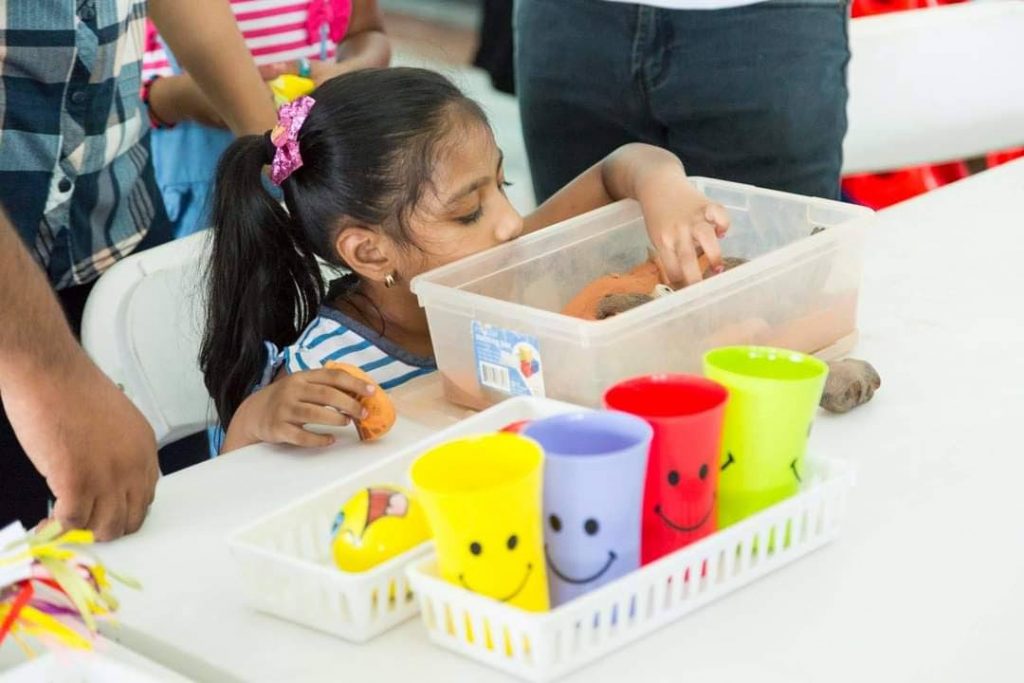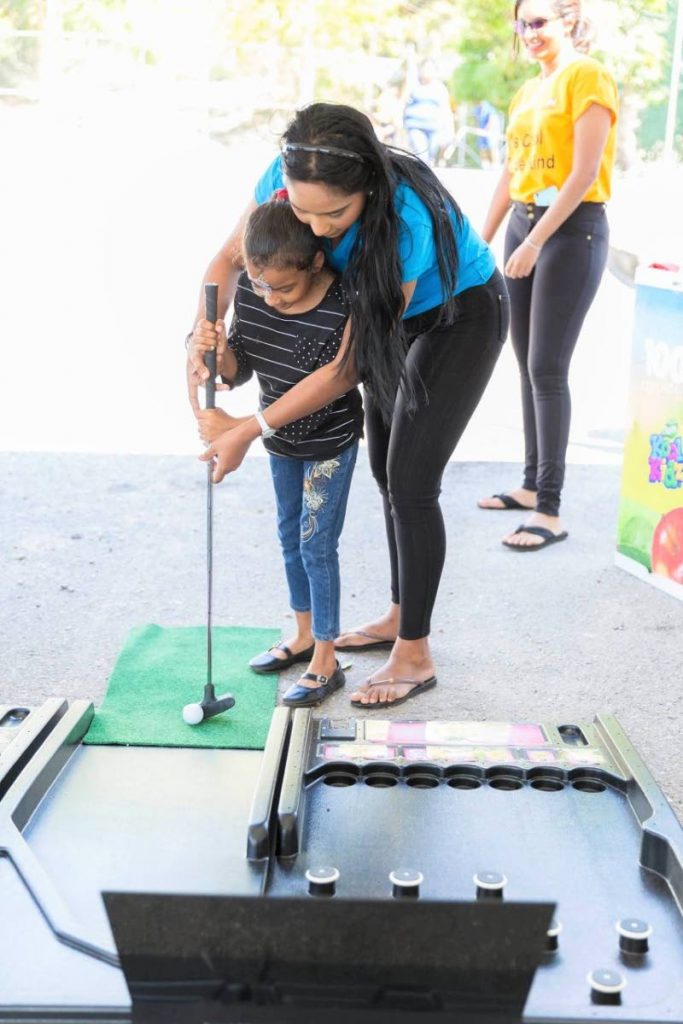Copying inclusive education initiatives

DR RADICA MAHASE
Here in Trinidad and Tobago, we are known as a follow-fashion or copycat society – we are quick to copy things from foreign. We lap up information from abroad, especially the USA and we are very good at mimicking and adopting what we see outside of TT.
If we are such good copycats then, maybe we should copy some of the initiatives that other countries have implemented to include people with specials educational needs and all disabilities.
Let’s start first with education, the area that has the most shortcomings, which needs most urgent assistance. We can copy the strategies for inclusive education in the USA. There, all students with disabilities are protected by federal laws so that they have access to a free and appropriate public education and public schools are obligated to give students special help.
Under the Individuals with Disabilities Education Act, there is early intervention for infants and pre-schoolers with disabilities. From 2019 to 2020, 7.3 million students between 3 to 21 years received special education services under this Act. These services included individual education plan, teachers trained in special needs education, different types of therapy, integration into mainstream classes as far as the student can cope, and so on.
Or maybe we should copy Finland’s approach to inclusive education? There, inclusion is an official policy with three-tiered support model in place. Students can be placed in a mainstream classroom with the help of general, intensified or special support, depending on the child’s needs; in a special classroom including support, for example, from a part-time special education teacher; or in a special school with additional support services, such as part-time special education. This arrangement is flexible enough for students to move between each of the above, for example, spend one or two days in a mainstream classroom and the others in a special classroom, depending on his/her individual needs.
Now, some might say that here in TT we also have laws, our Education Act, that allows for a free and public education and that our inclusive education policy (IEP) allows for integration into mainstream schools. However, given the fact that the Ministry of Education has not even released the names of the schools where the IEP is supposed to have been started, inclusive education in TT seems more like an imaginary policy than anything else. Policies which are not effectively implemented don’t really count.

Some might also say that the USA and Finland are rich countries and they have the money to spend on inclusive education. The usual excuse for the shortcomings in education in TT is that we don’t have money. Well then, let’s look at what other countries, which are less developed than TT, have been doing. Bangladesh, for example, is now transitioning to developing country status but has a more proactive attitude towards inclusive education. According to the Borgen Project, in 2010, there were approximately 1.6 million children with disabilities in Bangladesh and less than 5,000 were enrolled in education programmes designed for them.
However, Bangladesh has been actively trying to increase access to special needs education and developed various policies to achieve this. “As of 2011, the government opened 13 primary schools specifically for people with disabilities. They are also implementing 64 integrated programmes within high schools for the disabled…. More than 30,000 non-formal education centres have been established across the nation over the past two decades….” Bangladesh’s attitude towards opportunities for inclusive education for disabilities is something that we can adopt here in TT.
It is not that we do not have enough money to invest into inclusive education, it is more a lack of proper management, poor long-term vision and a general lackadaisical attitude towards inclusive education which continues to exist in this country. Education was allocated $7.973 billion last fiscal year. How much of it was spent on implementing our inclusive education policy? For this fiscal year education is allocated $6.886 billion, how much of it will be spent on inclusive education?
Is another year going to pass by with parents begging for teacher’s aides, with UTT students graduating with a degree in education (specialising in special needs education) but yet not being hired? Ultimately, it’s not a matter of the country not having money, it’s a matter of the TT recognising, respecting and providing equal access to education for people with special educational needs/disabilities. And remember, in the words of Nelson Mandela, “Education is the most powerful weapon we can use to change the world."
Dr Radica Mahase is the founder/director of Support Autism T&T


Comments
"Copying inclusive education initiatives"